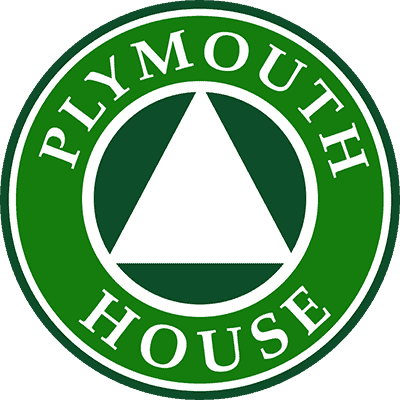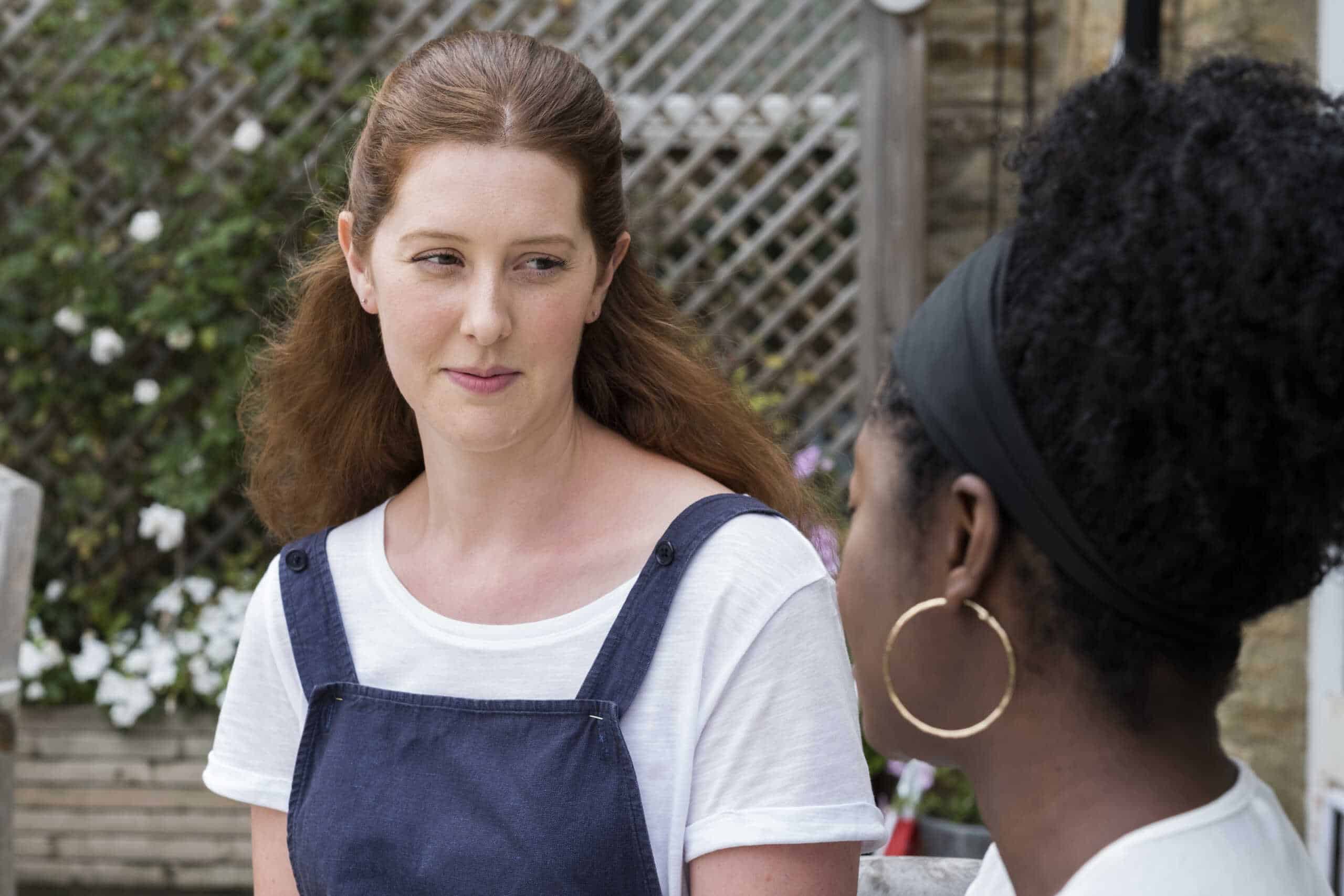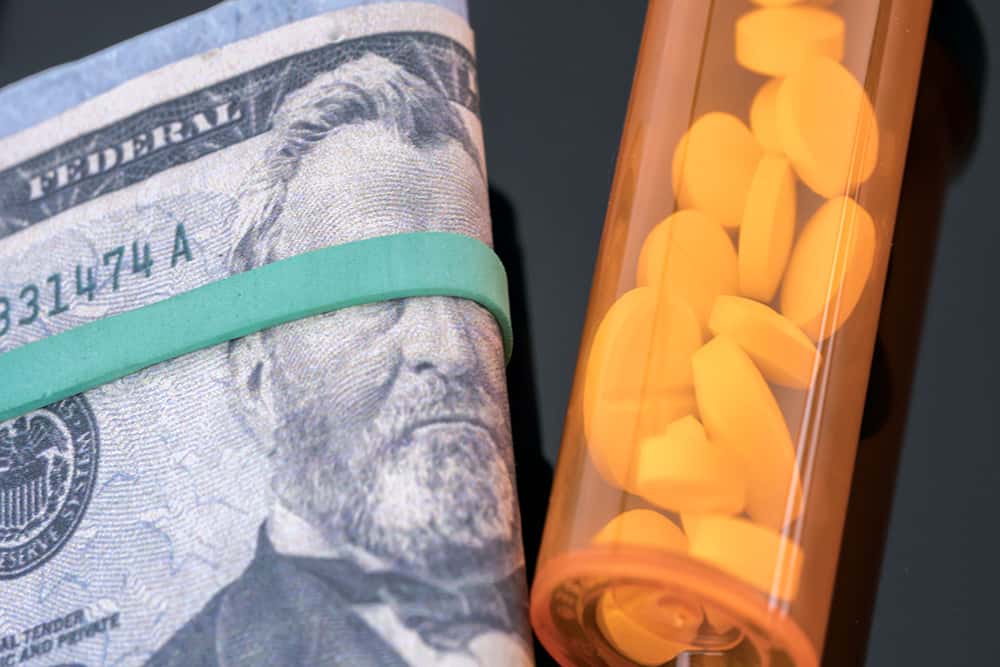Benzodiazepine Addiction
Am I Addicted to Benzodiazepines?
Am I Addicted to Benzodiazepines?
Benzodiazepines are a type of prescription medication most commonly used to treat moderate or severe anxiety disorders. Common brand name benzodiazepines include Xanax, Klonopin, Ativan and Valium. These medications are highly addictive, and are generally only prescribed to be taken for several weeks at a time. When taken as prescribed by a medical professional, benzodiazepines are generally very effective — however, using these medications at a higher dose than recommended or for a longer period of time than suggested can easily lead to physical and psychological dependence.
How can you tell if you have stepped over the line? Are you developing a benzodiazepine dependence; has professional addiction treatment become a necessity?
At The Plymouth House we understand how difficult it can be to come to terms with prescription drug addiction, especially if you were initially prescribed the medication for a legitimate medical reason. If you are still unsure whether or not you are struggling with benzodiazepine addiction, we are available to help. We have developed an Addiction Quiz geared towards helping you identify the presence of a treatable addiction. You are more than welcome to reach out to us directly if you have any additional questions or if you would like to get started with our simple and straightforward admissions process.
How Can You Tell If You Are Experiencing Benzodiazepine Addiction?
How can you tell if you’re addicted to benzodiazepines? It can be difficult to tell whether or not your benzodiazepine use has escalated to misuse or dependence, especially if you fail to reach out for a second opinion. Addiction is a chronic medical condition, but it presents itself differently than other medical conditions; addiction affects your ability to make rational and self-serving decisions. Your brain becomes accustomed to the presence of a chemical substance over time, and your body goes into shock if the substance is removed suddenly. Your brain starts telling you that you need the substance in order to survive. Use becomes compulsive — over time, all personal choice in the matter deteriorates.
Even if you want to cut back or quit entirely you find it extremely difficult to do so. You start to prioritize using your substance of choice over standard human functions like getting enough sleep, nurturing your interpersonal relationships and attending to your finances. Still, you tell yourself, “Everything is fine,” and, “I have my drug use under control.”
If this sounds familiar, we encourage you to reach out for help sooner rather than later. Addiction can be effectively treated no matter how severe associated symptoms have become. But it is important to remember addiction is a progressive condition, meaning symptoms will only grow more severe the longer they are left untreated.
We Are Here For You
Let Us Help You Heal
Our Benzo recovery services are second to none.
Learn how we can help by speaking with one of our Treatment Advisors today.
Physical Signs of Benzodiazepine Addiction
If you think you might be struggling with benzodiazepine addiction, it is a good idea to keep an eye out for a specific set of physical symptoms. Because benzodiazepines are tranquilizers, those who misuse this type of prescription medication often appear sluggish, fatigued and uncoordinated. Additional physical symptoms of benzodiazepine addiction include:
- Extreme drowsiness and tiredness throughout the day.
- Slurred speech/a lack of control over basic motor functions.
- Loss of appetite.
- Nausea and vomiting.
- A lack of coordination, which can be due to dizziness or vertigo.
- Body tremors/uncontrollable shaking.
Emotional & Behavioral Signs of Benzodiazepine Addiction
If you have been suffering from benzodiazepine addiction you will also experience a range of emotional and behavioral symptoms. These symptoms might include:
- Obvious changes to your mood and demeanor.
- A loss of interest in activities which were previously enjoyed.
- Isolation from friends and family/more time spent alone.
- Defensiveness when substance use is brought up in conversation.
- Increased or newly developing symptoms of anxiety and/or depression.
- Changes to sleeping and eating patterns.
- Experiencing problems at work or at school.
- Missing out on personal obligations or important engagements.
- Experiencing issues in interpersonal relationships.
- Decreased motivation.
- Legal and financial problems directly related to substance use.
Our Benzo Treatment Services Include
Benzodiazepine Addiction Quiz
We have developed a brief Addiction Quiz to help you better determine whether or not you are suffering from a diagnosable benzodiazepine use disorder. The Quiz is designed to point you in the right direction, but it is not an adequate replacement for a professional diagnosis. If you believe professional help has become a necessity, we are happy to provide you with a more accurate assessment and with a list of potential treatment options.
Question #1: Do you often use benzodiazepines in larger amounts or over a longer period than you intended?
If you have a difficult time controlling your benzodiazepine use, you might be suffering from a diagnosable substance use disorder. Maybe you increased your dose without doctor approval, or you are taking a medication which was not initially prescribed to you.
Question #2: Have you wanted to cut back on benzodiazepines or made unsuccessful attempts to do so?
Perhaps you have noticed benzodiazepines have been negatively impacting your overall quality of life. In light of related consequences you have attempted to cut back on your dose, or quit taking the medication to do so. If you are able to quit for a brief period of time, you find yourself using benzodiazepines again within a day or two.
Question #3: Do you spend a great deal of time finding, using, or recovering from using?
If you have become preoccupied with obtaining and using benzodiazepines, and if you spend ample time recovering from their effects, there is a good chance you have been struggling with a substance use disorder. You might experience early onset withdrawal when use is stopped suddenly, and spend a good deal of time obtaining more medication to prevent this from happening.
Question #4: Do you have strong urges or powerful cravings to use benzodiazepines?
People who struggle with addiction experience intense and overpowering drug cravings. If you feel the need to continue using benzodiazepines despite harmful effects, this might be why.
Question #5: Has your use of benzodiazepines resulted in your inability to meet your obligations at work, home, or school?
Many people mistakenly believe benzodiazepines are relatively harmless, seeing as they are prescribed by medical professionals and are safe to use when taken as prescribed. However, taking more than intended can seriously impact your ability to carry out day-to-day tasks.
Question #6: Have you had to cut back on or abandon social, professional, or recreational activities due to your use of benzodiazepines?
If you have been misusing benzodiazepines there is a good chance other areas of your life are being compromised. Maybe your performance at work or school has been on the decline, or maybe you have been missing out on birthdays and other social events.
Question #7: Have you repeatedly used benzodiazepines when it was hazardous to do so, such as while driving a car?
If you are suffering from addiction you are probably engaging in more risk-taking activities than normal. You might drive while under the influence, or combine benzodiazepines with other chemical substances like alcohol or opioids.
Question #8: Have you experienced social or relationship problems due to your benzodiazepines use and kept using anyway?
People who struggle with addiction often find their interpersonal relationships have become strained. Maybe you have pushed your loved ones away so you can continue using benzodiazepines in peace. Maybe your coworkers are frustrated by your declining work performance, or your family members have stopped inviting you to important family functions. Take a look at the quality of your relationships.
Question #9: Have you kept using benzodiazepines knowing that it has caused or worsened physical or mental health issues?
If a medical or psychiatric professional has recommended you cut back on your dosage or quit altogether and you have been unable to do so, you might be struggling with a diagnosable benzodiazepine use disorder.
Question #10: When you attempt to cut back on or stop your use of benzodiazepines, have you experienced uncomfortable physical or mental health symptoms (withdrawal)?
The withdrawal symptoms associated with benzodiazepine detox are both physical and psychological in nature. If you stop using benzodiazepines suddenly you might experience body tremors, severe stomach cramping, anxiety, panic attacks, and in severe cases of withdrawal, grand mal seizures.
Question #11: Have you needed more Benzodiazepines to feel the effects you’re seeking (tolerance)?
When a person uses a chemical substance for a prolonged period of time they begin to develop a physical tolerance. This essentially means a higher dose is required in order for the desired effects to be produced. Tolerance is a telltale sign of addiction.
Ready To Begin Your Benzo Treatment?
We Offer A Safe & Effective Program
Don’t let Benzo addiction control your life.
Call us today and let’s get you started on the path to a better you.
Results of the Addiction Quiz
Generally, professionals look for the presence of two or more of these criteria in a 12-month period when evaluating for a diagnosable substance use disorder. Answering “yes” to 2 or more of these questions may indicate the potential presence of a benzodiazepine addiction, though only a licensed medical professional can provide such a diagnosis. The American Psychiatric Association utilizes the criteria laid out in the Diagnostic and Statistical Manual of Mental Disorders, Fifth Edition (or DSM-V) to diagnose and treat substance use disorders. At The Plymouth House we follow the same medically accepted guidelines. We have developed an effective and individualized program of addiction recovery which combines evidence-based therapies with the 12-Step program model. We offer two levels of care — residential inpatient treatment and partial hospitalization. We recommend our guests complete both levels of care, which typically takes between one and two months.

How to Get Help Treating Your Benzodiazepine Addiction
If you have been suffering at the hands of a diagnosable benzodiazepine use disorder, entering into some level of clinical care is advised. Because the symptoms associated with benzodiazepine withdrawal can be dangerous when left untreated, we recommend beginning your personal journey of addiction recovery with a short stay in an inpatient detox center. During medical detox you will undergo a safe and pain-free withdrawal while being closely monitored by a team of experienced medical professionals.
Once detox is complete we recommend transitioning into a higher level of care. Because early recovery can be such a vulnerable time, it is a good idea to transition into residential rehab, PHP or IOP as soon as you have been physically stabilized. At The Plymouth House we offer a multi-phased program of recovery ideal for those who have been struggling with a mild, moderate or severe benzodiazepine addiction. We offer a range of addiction services including case management, sober living placement and personalized aftercare planning, ensuring you have adequate guidance and support during every stage of your recovery journey.
Begin Healing Now!
Have A Call With One Of Our Treatment Advisors
Don’t Suffer Any Longer
Contact Us Today to Learn More
At The Plymouth House we offer a full continuum of inpatient care, and as part of the Guardian Recovery Network family we work closely with several medical detox centers for those in need. As soon as you contact us, either directly through our website or over the phone, you are put in touch with an experienced and compassionate Treatment Advisor who walks you through every step of the admissions process. We begin with a short pre-assessment, which helps our clinical team determine which level of care and length of stay is the best option for you or your loved one. We provide a free, no obligation insurance benefit check for those insured through a regional provider in New Hampshire or a major national provider. Finally, we help arrange local transportation to our New Hampshire inpatient treatment center. To learn more or to get started, contact us today.
Get Started Now
Give us a call 24/7
(888) 693-1927


Reviewed for accuracy by:
Russell Beebe MLADC, LCMHC
Russell is a Master Level Alcohol and Drug Counselor (MLADC) and Licensed Clinical Mental Health Counselor (LCMHC) with over 11 years experience treating individuals with substance use and co-occurring disorders. Russell was inspired to get into the field after his experience as a resident at The Plymouth House in 2008.




















